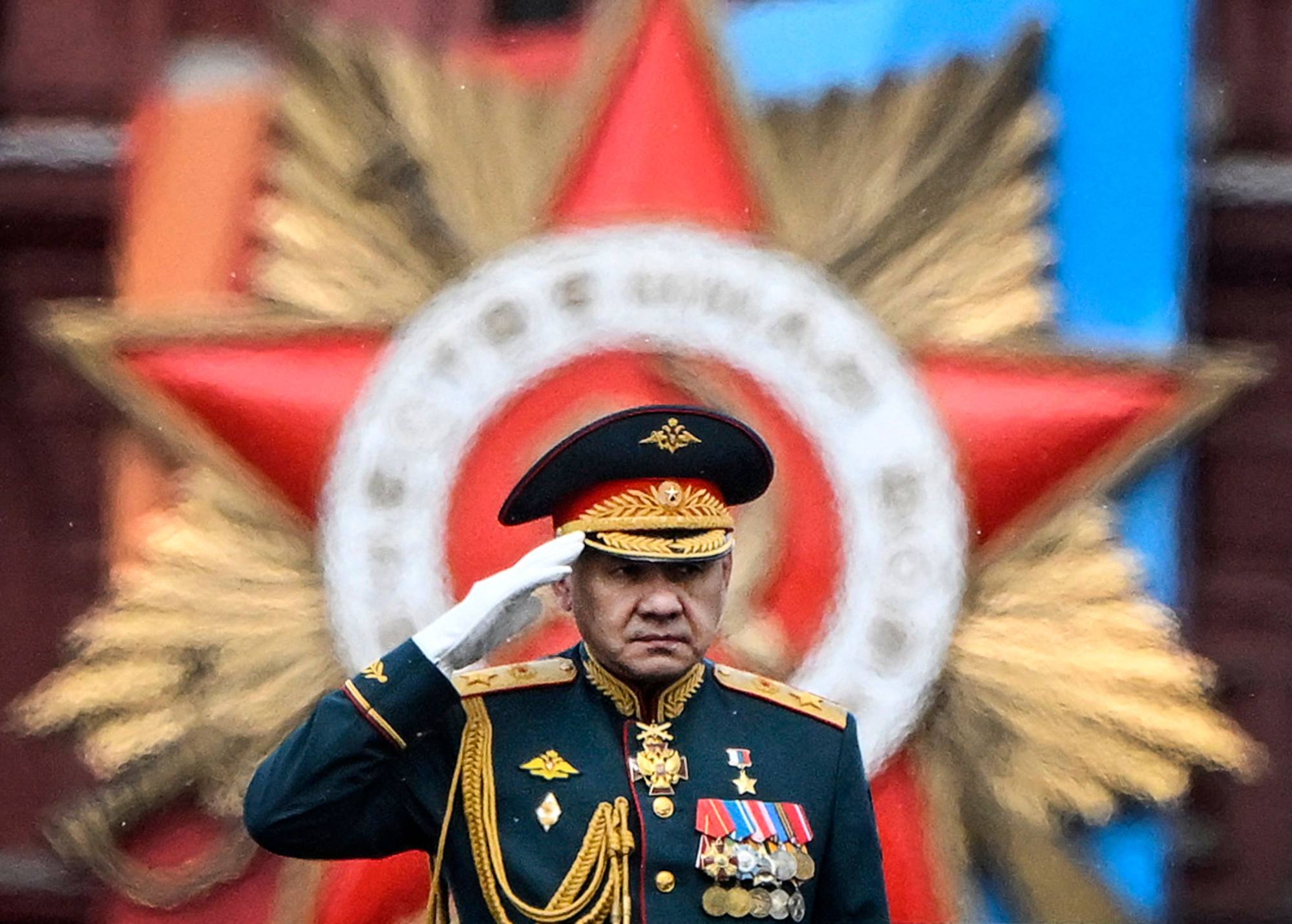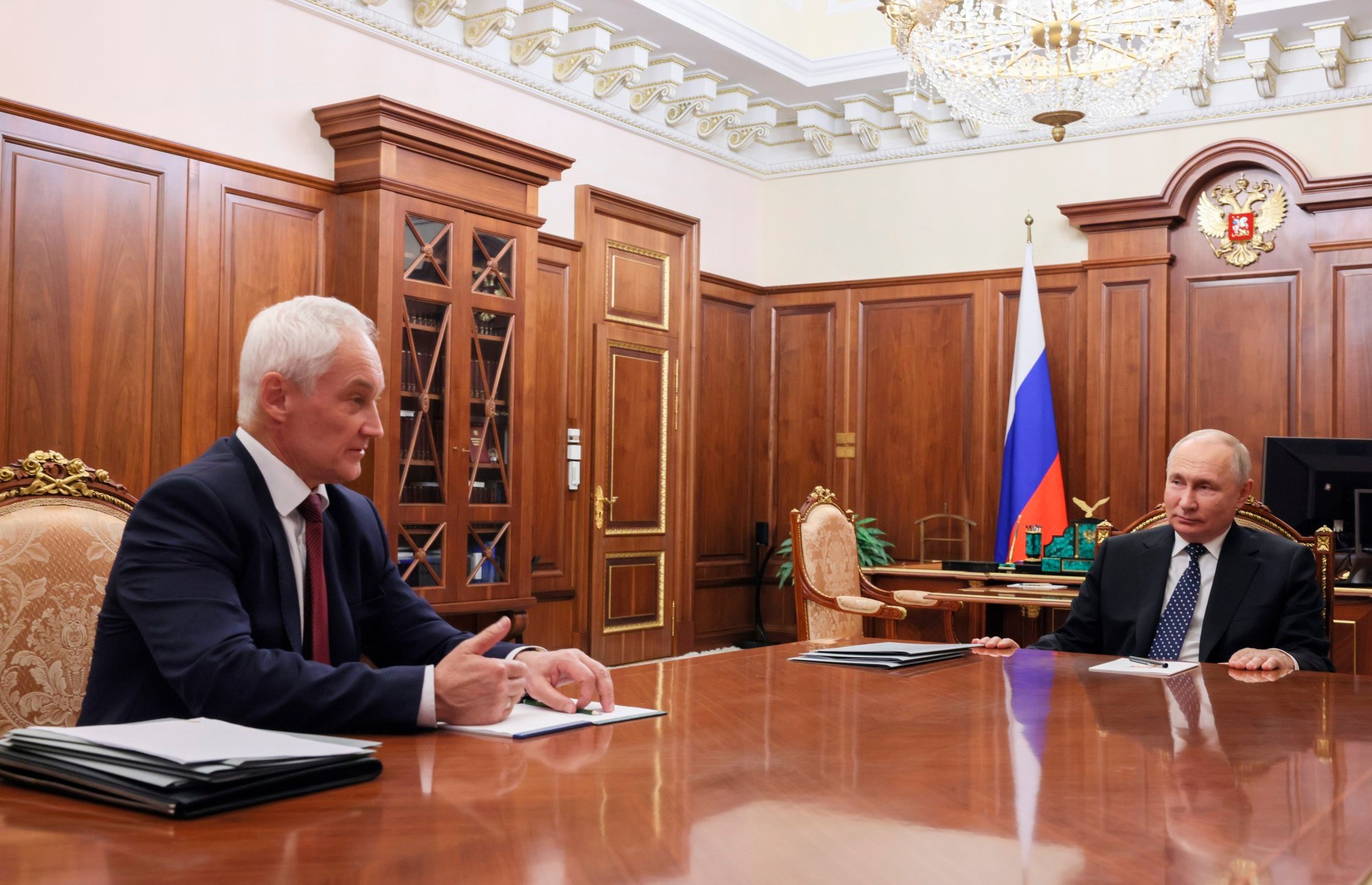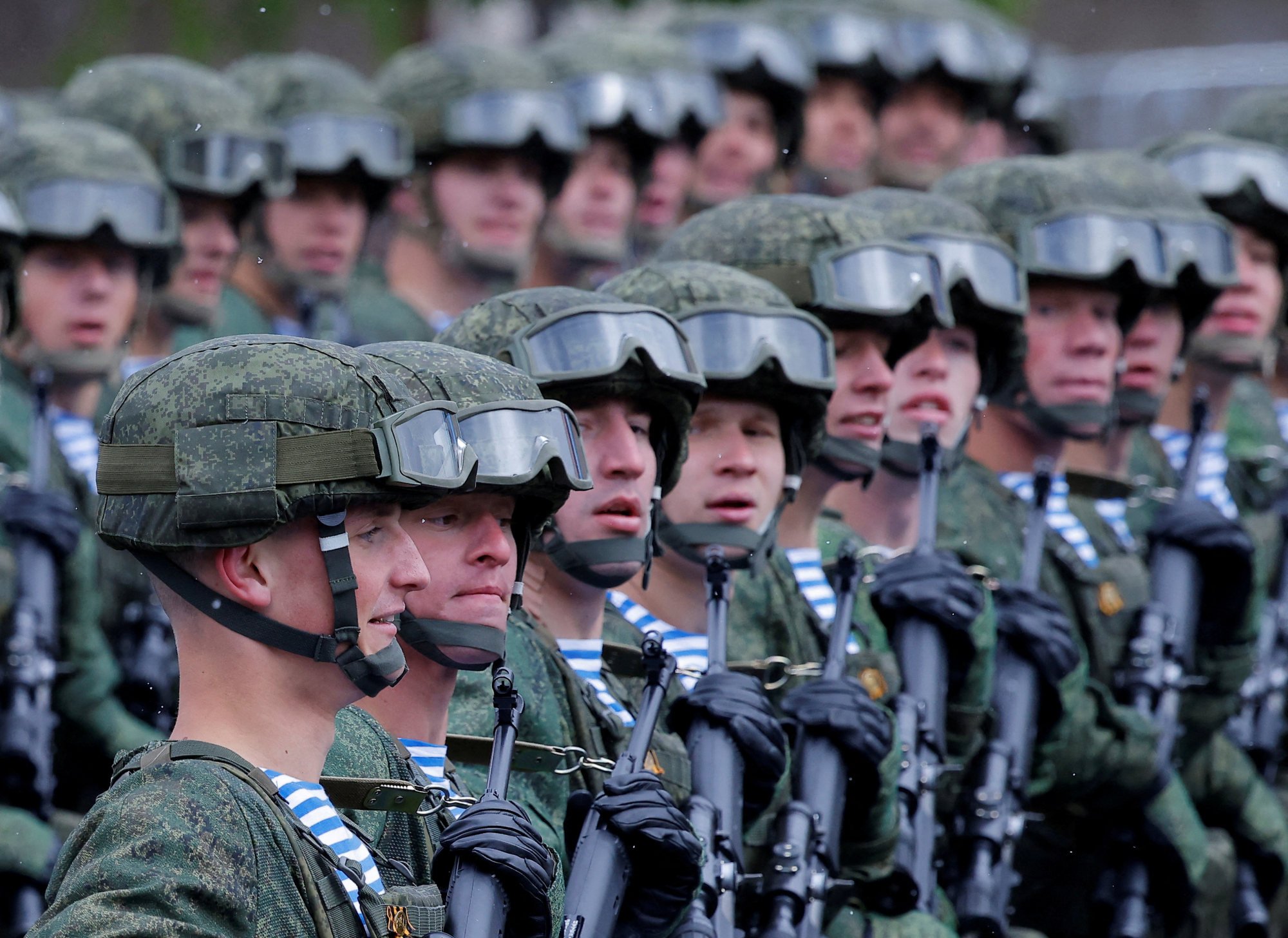Still, he agreed without hesitation because he views Putin not simply as a president but as a global figure who’s changing the course of world history, one of the people said.

Nothing in his background has prepared Belousov for the challenge he now faces in waging war on Ukraine. A devotee of fine art who includes Rembrandt among his favourite painters, Belousov spends any spare time he has visiting galleries and museums.
Despite warm personal relations with Shoigu, who’s being moved to a new role as secretary of the security council, Putin had finally lost patience with the Defence Ministry’s ability to prosecute the war amid rampant corruption, according to three people with knowledge of the matter.
Last year’s mutiny by Wagner mercenaries that targeted Shoigu for failures on the battlefield may also have influenced the decision to install new leadership. Wagner leader Yevgeny Prigozhin died in unclear circumstances in a plane crash in August last year, exactly two months after leading the aborted revolt.
Putin chose Belousov personally, as the war has to be waged with a cool head, according to a person close to the Kremlin, who asked not to be identified discussing personnel issues.
“Belousov is appointed to improve the situation that Shoigu couldn’t fix,” by ensuring the army has everything it needs on the battlefield, said Ruslan Pukhov, head of the Moscow-based Centre for Analysis of Strategies and Technologies think tank. “However, Belousov is better known for drafting policy than hands-on leadership or executing strategy.”
Raised in an elite family in Moscow – his father was a prominent economist who advised Soviet authorities on ways to improve the planned economy in the 1960s – Belousov attended one of the capital’s best mathematics and physics schools.

After graduating in economics from Moscow State University, he carried out research at a scientific institute in the 1980s as the Soviet system gradually collapsed.
He began to advise the government informally in 1999, often working for free, just as Putin was emerging to lead Russia as prime minister. “I always had a clear idea: you need to do what strengthens the state,” he said during early interviews.
His state career began officially in 2006, when the then Economy Minister, Herman Gref, invited him to work as his deputy. He later joined as head of the economics and finance department in the prime minister’s office when Putin became premier for four years from 2008 to comply with presidential term limits.
When Putin returned as head of state in 2012, Belousov was named economy minister then switched to the Kremlin as the president’s economic aide 13 months later.
He spent the next seven years as Putin’s adviser, becoming renowned for policies intended to bolster the state’s role in the economy, ostensibly to support business development. Many business leaders resented his proposals, however, as state meddling and Belousov repeatedly clashed with them.
Belousov became first deputy premier responsible for overseeing finance and budget policy when Mikhail Mishustin was named prime minister in 2020.

He gained a reputation for squeezing business by seeking to grab a greater proportion of profits to fund Putin’s development plans set out in the so-called “May decrees”. When the February 2022 invasion of Ukraine began, Belousov proposed a one-time levy on large businesses to help fund the war.
Overseeing a 300 billion-rouble (US$3.3 billion) project to produce Russia’s own drones, a weapon that plays a crucial role on the battlefield in Ukraine, is one of Belousov’s few experiences with the military.
Belousov’s lack of military experience means the top army commanders led by Chief of the General Staff Valery Gerasimov will have greater freedom to conduct the war, according to Nikolay Petrov, a visiting fellow at the Berlin-based SWP think tank.
It also means that Putin “can count on reducing corruption and better functioning of provisions for the army and the military-civilian sphere,” he said.
Putin’s choice of Belousov means the war is now a fact of everyday life in Russia, according to Vladislav Inozemtsev, head of the Moscow-based Center for Post-Industrial Studies. There’s no sign of a change in military policy.
“Belousov’s task is to increase the army without destroying the economy,” he said.

